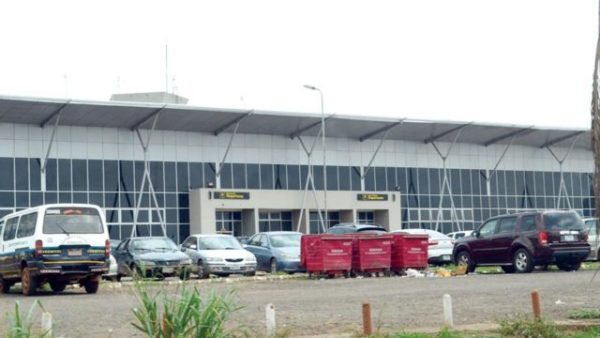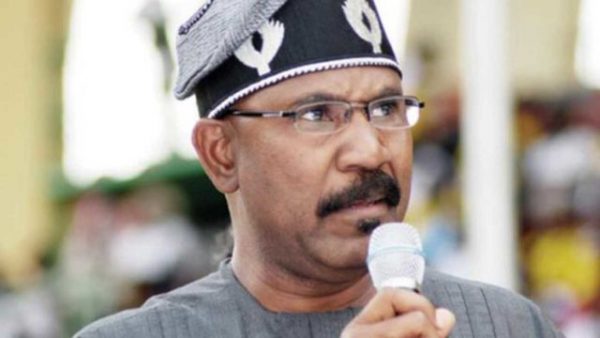West Africa Struggles to Contain Ebola as Warnings, Deaths Mount

The United Nations said on Tuesday the spread of the deadly Ebola virus in West Africa was causing food shortages in one of the world’s poorest regions and the U.S. Centers for Disease Control and Prevention warned the disease was threatening the stability of stricken countries and their neighbors.
Doctors in Liberia were out on strike as they struggled to cope with the worst outbreak of Ebola on record, while the global aid organization Medecins Sans Frontieres (MSF) said 800 more beds for Ebola patients were urgently needed in the Liberian capital Monrovia alone, while in Sierra Leone highly infectious bodies were rotting in the streets.
Governments and aid organizations have scrambled to contain the disease, which according to the World Health Organization (WHO) has killed more than 1,500 in West Africa since March.
In an address to United Nations member states, MSF President Joanne Liu said, “Six months into the worst Ebola epidemic in history, the world is losing the battle to contain it.” She said aid charities and West African governments did not have the capacity to stem the outbreak and needed intervention by foreign states.
Slamming what she called “a global coalition of inaction,” Liu called for the urgent dispatch of field hospitals with isolation wards and mobile medical laboratories.
MSF, also known as Doctors Without Borders, said biological disaster response teams were needed to support West Africa’s buckling healthcare systems.
There are no approved Ebola vaccines or treatments, but as hospitals and Ebola treatment centers battled to contain the disease and tend to the sick and dying, the U.S. Department of Health and Human Services said a federal contract worth up to $42.3 million would help accelerate testing of an experimental Ebola virus treatment being developed by privately held Mapp Biopharmaceutical Inc.
The agency said in a statement that Mapp, based in San Diego, California, would manufacture a small amount of its ZMapp drug, which uses antibodies manufactured in tobacco plants, for early stage safety studies and animal studies needed to prove its effectiveness and safety in people.
ZMapp is one of several treatments for Ebola under development. The drug, although never tested in humans, gained attention this summer when two American aid workers who contracted Ebola in Liberia were cured after receiving it. Their physicians said they did not know if the drug helped.
Human safety trials are due to begin this week on a vaccine from GlaxoSmithKline Plc GSK.L and later this year on one from NewLink Genetics Corp NLNK.O.
The Ebola epidemic in West Africa could infect more than 20,000 people and spread to more countries, the World Health Organization warned last week. With a fatality rate of 52 percent, the death toll stood at 1,552 as of Aug. 26.
Cases of Ebola have been reported in Liberia, Sierra Leone, Guinea, Nigeria, Senegal, and Democratic Republic of Congo. The cases in Congo, which include 31 deaths, are thought to be a separate outbreak and not related to the West African cases.







